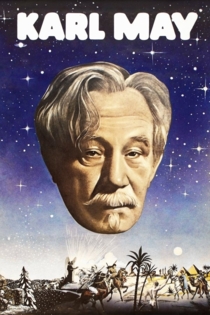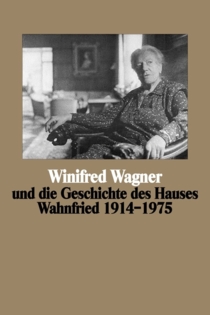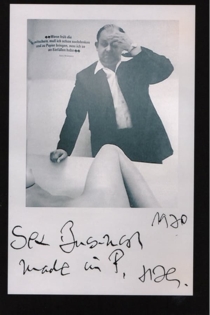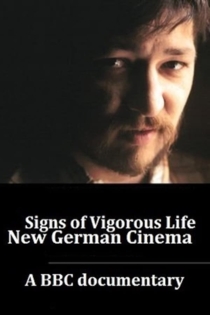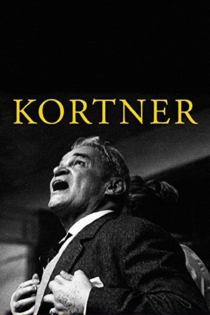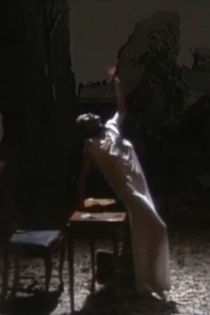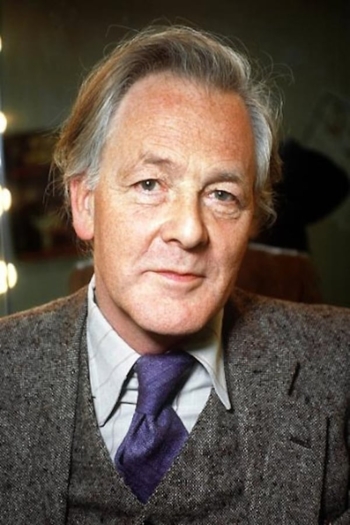
Hans-Jürgen Syberberg
1935 (90 лет)Die Nacht
Hans-Jürgen Syberberg
Edith Clever
Die Nacht ("The night") is a 1985 West German installation film directed by Hans-Jürgen Syberberg. It consists of a six hours long monologue performed by Edith Clever, who reads texts by Syberberg and many different authors, such as Johann Wolfgang von Goethe, Heinrich von Kleist, Plato, Friedrich Hölderlin, Novalis, Friedrich Nietzsche, Eduard Mörike, Richard Wagner, William Shakespeare, Samuel Beckett and chief Seattle. The film was screened out of competition at the 1985 Cannes Film Festival. (from: https://en.wikipedia.org/wiki/Die_Nacht)
The Night
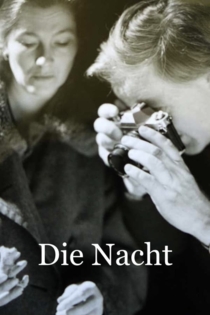
Romy - Anatomy of a Face
Hans-Jürgen Syberberg
Romy Schneider, Hans-Jürgen Syberberg
Documentary about young actress Romy Schneider, capturing just the right moment between her first career as a young actress in mainstream "Unterhaltungskino" ("entertainment cinema") and her second one as acknowledged European arthouse actress.
Romy: Anatomy of a Face
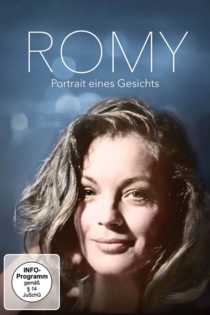
Theodor Hierneis oder Wie man ehem. Hofkoch wird
Hans-Jürgen Syberberg
Walter Sedlmayr
Theodor Hierneis oder Wie man ehem. Hofkoch wird consists of a monologue performed by Walter Sedlmayr, who plays Theodor Hierneis, the chef at the court of Ludwig II of Bavaria. The screenplay was written by Syberberg and Sedlmayr and is based on the memoirs of Hierneis. The film received the Deutscher Filmpreis for Best Non-Narrative Film and Best Actor.
Theodor Hierneis oder Wie man ehem. Hofkoch wird
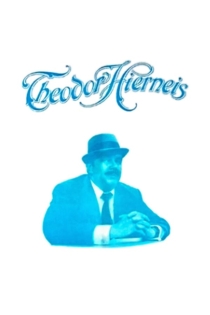
Parsifal
Hans-Jürgen Syberberg
Armin Jordan, Wolfgang Schöne
A psychological interpretation of the opera mixing in references to the history of Germany, Wagner’s life, German literature and philosophy. The action is centered on Wagner’s death mask. Kundry is the main character – one might read the film as the story of her redemption rather than that of Amfortas.
Parsifal
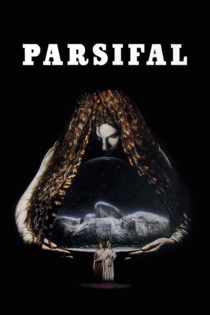
Fünfter Akt, siebte Szene. Fritz Kortner probt Kabale und Liebe
Hans-Jürgen Syberberg
Fritz Kortner, Christiane Hörbiger
This documentation of a Kortner stage rehearsal shows in detail and fascinatingly how Kortner developed psychological tensions with meticulous precision in linguistic expression and gestural construction.
Fünfter Akt, siebente Szene. Fritz Kortner probt Kabale und Liebe
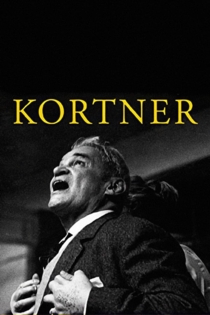
Hitler: A Film from Germany
Hans-Jürgen Syberberg
Harry Baer, Heinz Schubert
This inventive, exhaustive seven-hour film looks at the rise, reign and demise of Adolf Hitler. German director Hans Jürgen Syberberg, who was a child during World War II, doesn't try to recreate history to the letter. Instead, he places his actors -- many of whom play several roles -- on a stage and has them reenact events based on and inspired by Hitler's life. The action combines traditional narration and historical characters, but also idiosyncratic tweaks, like the use of puppets.
Our Hitler: A Film from Germany
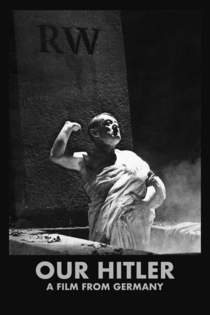
Ludwig: Requiem for a Virgin King
Hans-Jürgen Syberberg
Harry Baer, Ingrid Caven
Reflected in an artificial and bombastically staged illusory world with Wagnerian compositions, glossy and satirical time references, 19th century German figures and traditions are stripped of their mythology and interpreted by the Germany of 1972.
Ludwig – Requiem for a Virgin King
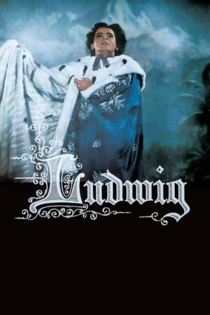
The Ister
Daniel Ross, David Barison
Philippe Lacoue-Labarthe, Jean-Luc Nancy
The Ister is a 3000km journey to the heart of Europe, from the mouth of the Danube river on the Black Sea, to its source in the German Black Forest. Hailed by Scott Foundas of Variety as "a philosophical feast—at which it is possible to gorge oneself yet leave feeling elated,” the film is based on the work of one of the most influential and controversial philosophers of the 20th century, Martin Heidegger, who in 1933 swore allegiance to the National Socialists. By joining a vast philosophical narrative with an epic voyage along Europe’s greatest waterway, The Ister invites you to unravel the extraordinary past and future of ‘the West.’
The Ister
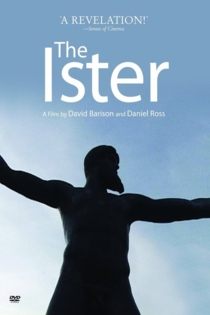
Scarabea - How Much Land Does a Man Need?
Hans-Jürgen Syberberg
Walter Buschhoff, Nicoletta Machiavelli
A Teutonic lecher on vacation has a wager with some local peasants that he can't make a walking circle from sunrise to sunset to secure some coveted land. The middle-aged businessman embarks on his journey only to be slowed down by the beautiful reporter Scarabea. With thoughts of drunkenness and sex on his warped mind, the man tries to circumnavigate the parcel of property. The story is a retelling of an ancient folk tale told by Tolstoy where the initial victim bets his soul to Satan against the land he desires.
Scarabea – How Much Land Does a Man Need?
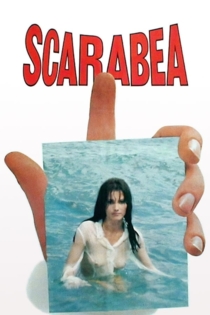
Karl May
Hans-Jürgen Syberberg
Helmut Käutner, Kristina Söderbaum
This ethereal, three-hour biopic is the middle film in Hans-Jürgen Syberberg’s “German Trilogy” on the mythological foundations of the Third Reich. By fusing theater, music, and cinema, Syberberg conjures up Karl May (1842-1912), the immensely popular German author, who set many of his adventure novels in an idealized version of the American Wild West. His tales of the cowboy and the Ubermensch alike were beloved by many, including (Our) Hitler, who supposedly ordered his generals to read May works after defeats in the Russian campaign.
Karl May
